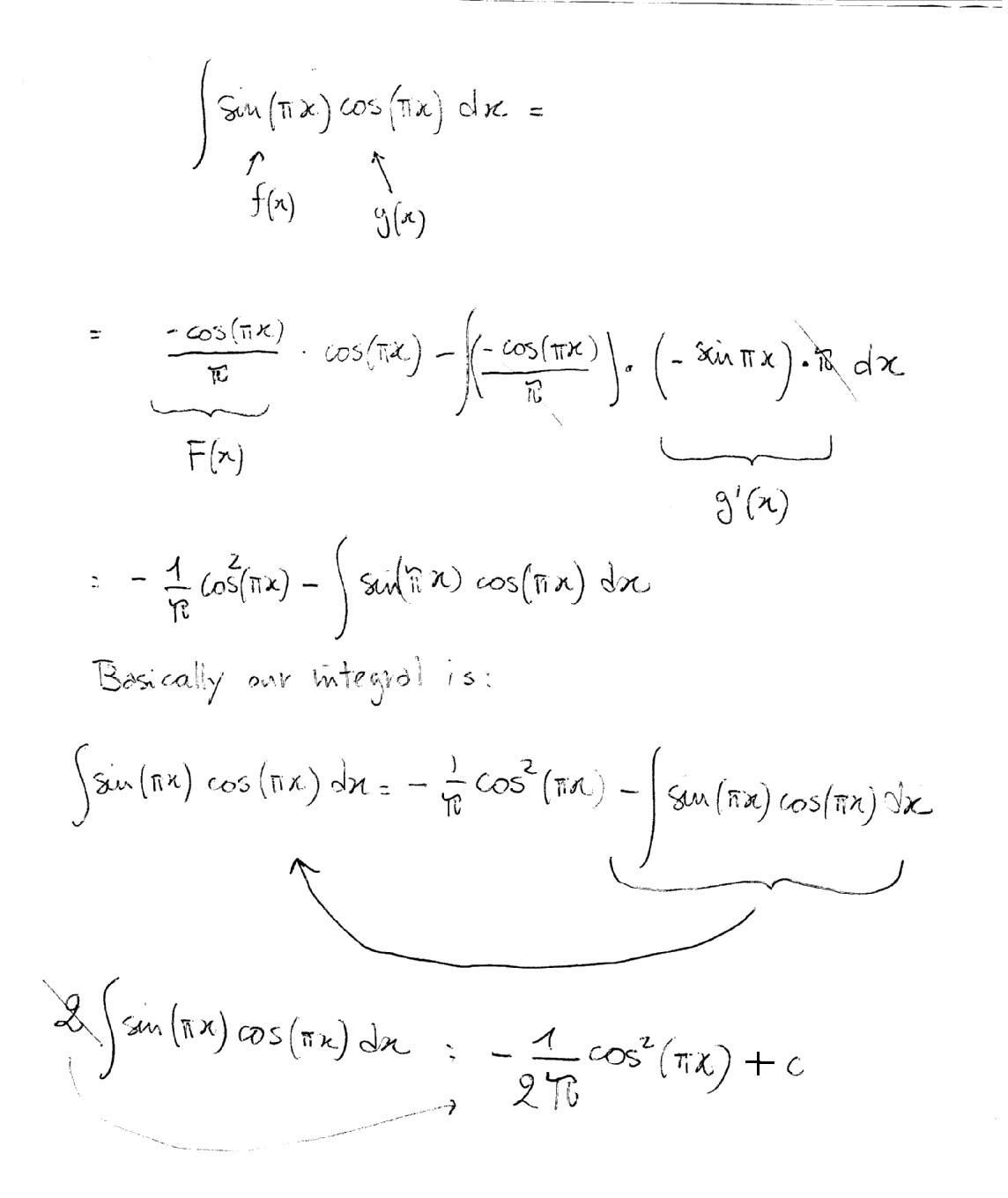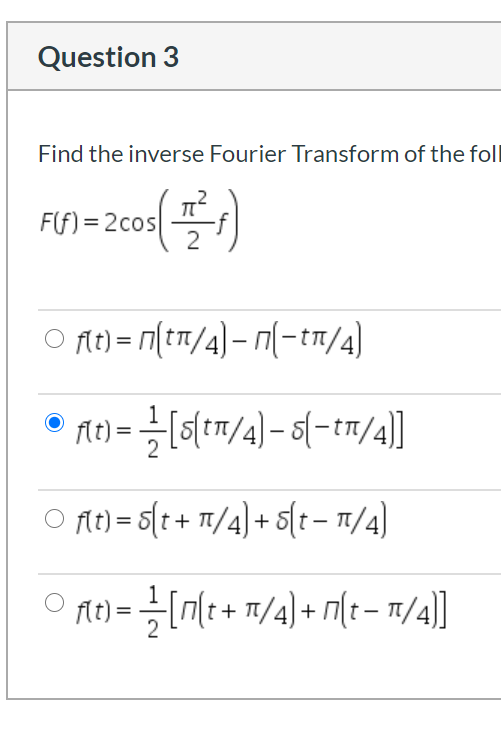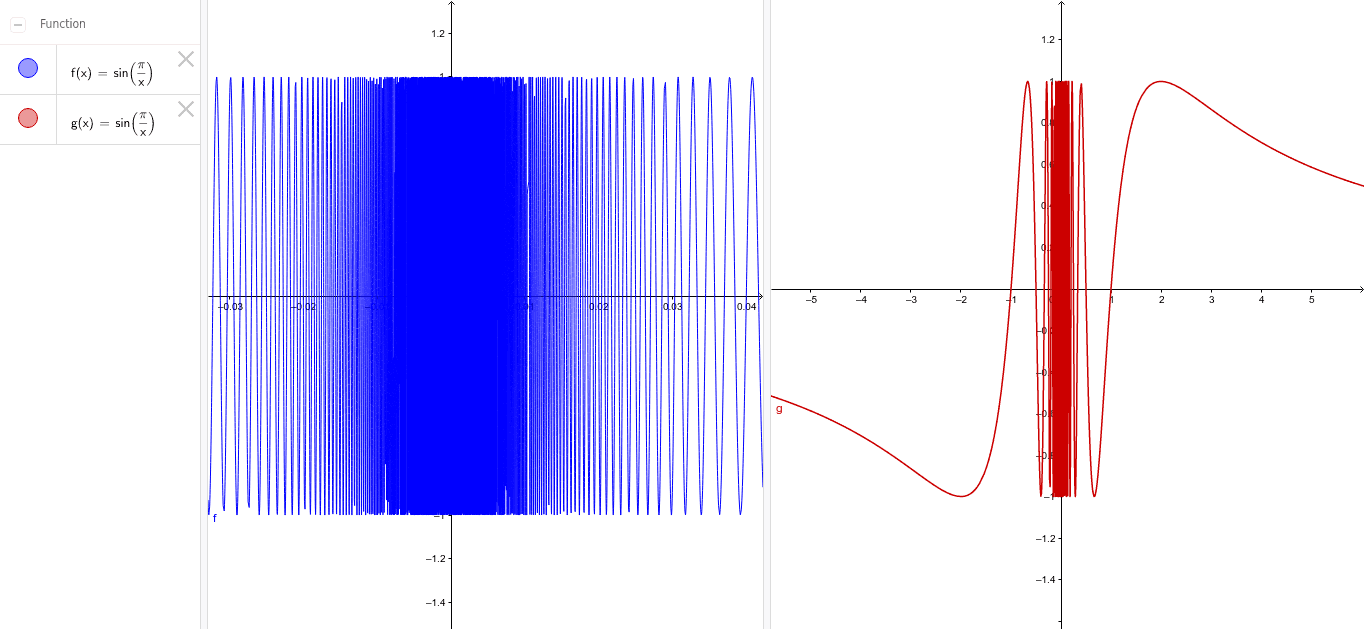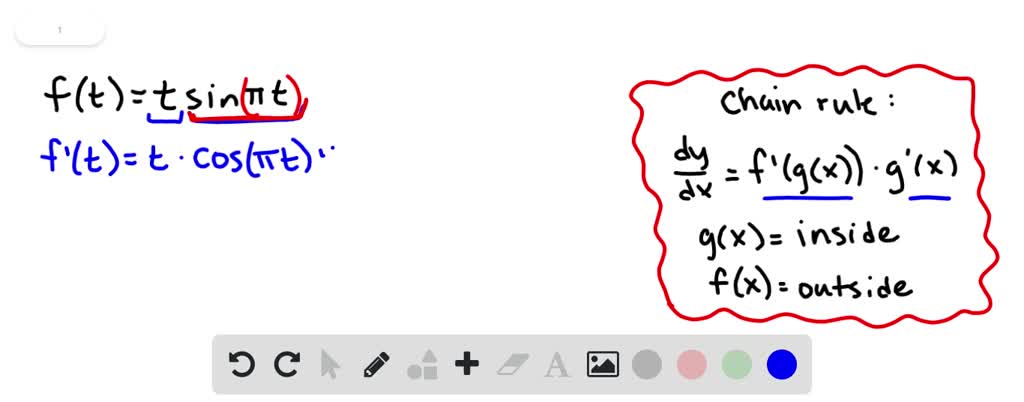![The fundmental period of f(x)=cos[pi]x+ sin[-pi]x is: ( where [] is the step function ) - Maths - Relations and Functions - 13984925 | Meritnation.com The fundmental period of f(x)=cos[pi]x+ sin[-pi]x is: ( where [] is the step function ) - Maths - Relations and Functions - 13984925 | Meritnation.com](https://s3mn.mnimgs.com/img/shared/content_ck_images/ck_5d9b6642204ee.jpg)
The fundmental period of f(x)=cos[pi]x+ sin[-pi]x is: ( where [] is the step function ) - Maths - Relations and Functions - 13984925 | Meritnation.com
![If `f(x) = cos [pi]x + cos [pi x]`, where `[y]` is the greatest integer function of y then `f - YouTube If `f(x) = cos [pi]x + cos [pi x]`, where `[y]` is the greatest integer function of y then `f - YouTube](https://i.ytimg.com/vi/Ibx1ycLyoGE/maxresdefault.jpg)
If `f(x) = cos [pi]x + cos [pi x]`, where `[y]` is the greatest integer function of y then `f - YouTube
![If f(x) = sin [pi^2] x + cos [-pi^2]x then f '(x) is, here [pi^2] and [-pi^2] greatest integer function not greater than its value If f(x) = sin [pi^2] x + cos [-pi^2]x then f '(x) is, here [pi^2] and [-pi^2] greatest integer function not greater than its value](https://d1hhj0t1vdqi7c.cloudfront.net/v1/QXJnTWs5a2ZiSkk=/sd/)
If f(x) = sin [pi^2] x + cos [-pi^2]x then f '(x) is, here [pi^2] and [-pi^2] greatest integer function not greater than its value
![If f(x)=cos[pi/x] cos(pi/2(x-1)) ; where [x] is the greatest integer function of x,then f(x) is continuous at : If f(x)=cos[pi/x] cos(pi/2(x-1)) ; where [x] is the greatest integer function of x,then f(x) is continuous at :](https://d10lpgp6xz60nq.cloudfront.net/ss/web/51560.jpg)
If f(x)=cos[pi/x] cos(pi/2(x-1)) ; where [x] is the greatest integer function of x,then f(x) is continuous at :

Find g'(pi/3), h'(pi/3) if g(x)=f(x)sin x and h(x) = cos x/f(x).f(pi/3)=4, f'(pi/3) = -2 Derivative - YouTube

calculus - Why isn't $f(x) = x\cos\frac{\pi}{x}$ differentiable at $x=0$, and how do we foresee it? - Mathematics Stack Exchange

See answer: Graph function by hand using techniques you were taught in this unit:F(x)= cos(pi/2 x)+1 - Brainly.com

Consider the function f(x) = x sin pi/x, for x>0 0, for x = 0 . Then, the number of points in (0,1) where the derivative f'(x) vanishes is
✓ Solved: Let f(x)=cos πx . Use Eq. (4.9) and the values of f(x) at x=0.25, 0.5, and 0.75 to approximate...
![For x in [0, (pi)/(2)] if int(tan x sqrt(sec x)(1+cos^(2)x))/(sqrt(cos x+sin^(2)x))dx=2sqrt(f(x)+1)+c and f((pi)/(3))=(3)/(2) then f((pi)/(4)) = (where[.] denotes I F) For x in [0, (pi)/(2)] if int(tan x sqrt(sec x)(1+cos^(2)x))/(sqrt(cos x+sin^(2)x))dx=2sqrt(f(x)+1)+c and f((pi)/(3))=(3)/(2) then f((pi)/(4)) = (where[.] denotes I F)](https://d10lpgp6xz60nq.cloudfront.net/web-thumb/212784174_web.png)
For x in [0, (pi)/(2)] if int(tan x sqrt(sec x)(1+cos^(2)x))/(sqrt(cos x+sin^(2)x))dx=2sqrt(f(x)+1)+c and f((pi)/(3))=(3)/(2) then f((pi)/(4)) = (where[.] denotes I F)
![If f (x) = cos [ pi ^ 2 ] x + cos [ - pi ^ 2 ] x where. [ . ] stands for the greatest integer function then which of the following is wrong. If f (x) = cos [ pi ^ 2 ] x + cos [ - pi ^ 2 ] x where. [ . ] stands for the greatest integer function then which of the following is wrong.](https://haygot.s3.amazonaws.com/questions/1983248_1180018_ans_5d401a30a76a471092f1bd3d399a3b3d.jpg)
=\cos(2x-%CF%80)&line2=\mathrm{Solution:\:}%CF%80)
![If f (x) = cos [ pi ^ 2 ] x + cos [ - pi ^ 2 ] x , then If f (x) = cos [ pi ^ 2 ] x + cos [ - pi ^ 2 ] x , then](https://d1hj4to4g9ba46.cloudfront.net/questions/1775744_1132743_ans_307c152a00c246d3901f18ffdd316646.jpeg)



![Inverse Fourier Transform of | cos[(2 pi f)/100)] | - Mathematics Stack Exchange Inverse Fourier Transform of | cos[(2 pi f)/100)] | - Mathematics Stack Exchange](https://i.stack.imgur.com/IIZ5d.jpg)

![Solved Set f(x)={cosπx,sin2πx,0≤x<1x≥1.L[f(x)]= (a) | Chegg.com Solved Set f(x)={cosπx,sin2πx,0≤x<1x≥1.L[f(x)]= (a) | Chegg.com](https://media.cheggcdn.com/media/e33/e335fefc-2f5a-49e2-9204-f636eae613ad/phplRU009)
